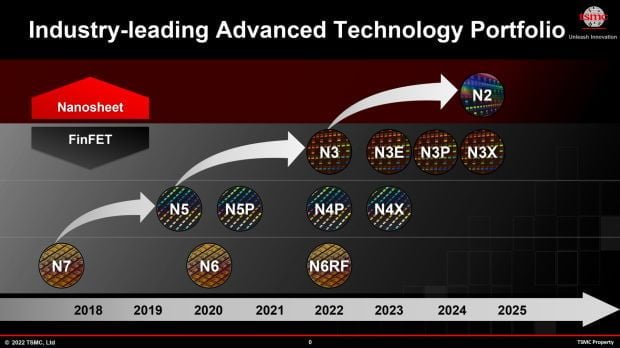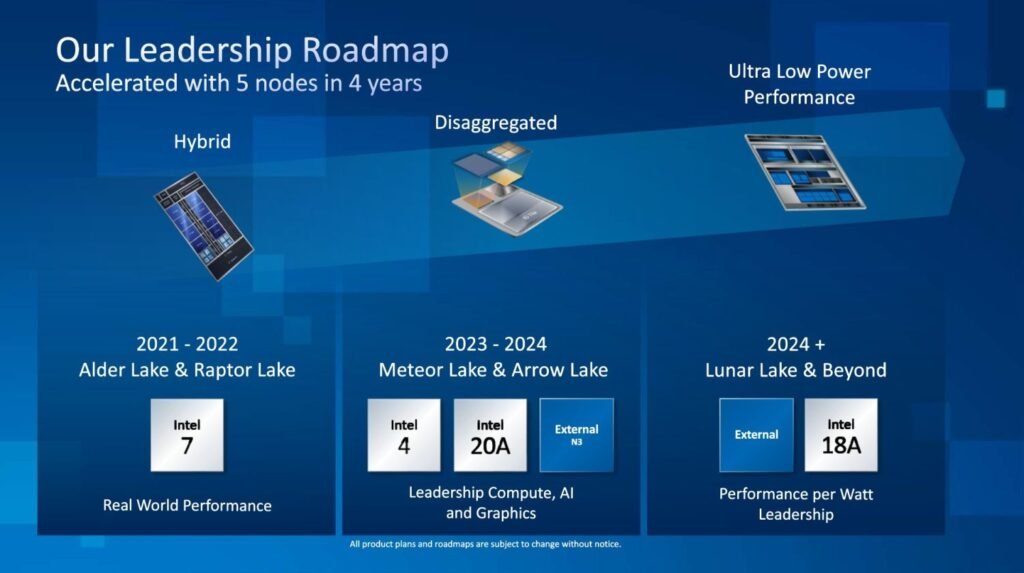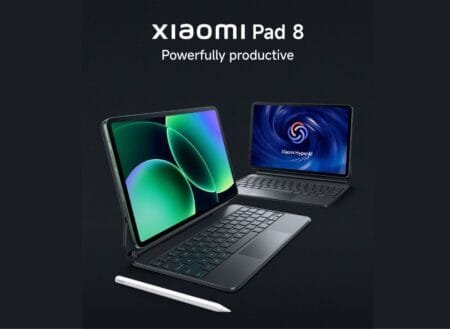Intel is planning to launch its Nova Lake CPUs in 2026, which will be the most radical change in CPU architecture in its history. These processors will use TSMC’s 2nm process node, one of the most advanced technologies in the world. Intel will join Apple as one of the first adopters of this process node.
Nova Lake CPUs will be the culmination of several CPU generations that Intel will release before 2026. The key feature of Nova Lake will be the CPU Tile, which will enable Intel to leverage TSMC’s 2nm process node for optimal performance. This is a major shift from Intel’s traditional way of manufacturing CPUs and shows its dedication to delivering the best products.

Nova Lake CPUs will have a completely new architecture that will surpass the Core architecture that Intel introduced in 2006. Intel aims to achieve a 50% increase in CPU performance with Nova Lake, which will help it compete better with AMD’s Ryzen CPUs.
Before Nova Lake, Intel will launch its Lunar Lake CPUs, which will use TSMC’s 3nm process node. These CPUs will have an improved NPU 4.0 (Neural Processing Unit) for AI performance, which will be better than the Meteor Lake CPUs that Intel recently launched.

Intel’s collaboration with TSMC for Nova Lake CPUs is interesting, considering that Intel has its own Intel 18A process, which will start production later this year and also uses TSMC. It is not clear how Nova Lake CPUs will compare to Intel 18A CPUs, but Intel is clearly determined to regain its leadership in the CPU market.
Intel may also change its strategy for its Arc GPUs, which are currently discrete graphics cards. Intel may switch to GPU Tiles, which are integrated GPUs, for its future Intel APUs, following the same approach as Nova Lake. There are rumors that Intel will stop making discrete graphics cards and focus on GPU Tiles instead.
Intel is facing an exciting future as it tries to regain its edge over AMD in the desktop CPU, laptop CPU, and APU markets. Nova Lake CPUs will be the biggest change in CPU architecture in Intel’s history, and they will also have better integrated GPU technology. Intel hopes to offer a range of products that can challenge AMD’s success.
Related News: TSMC reveals 1.4nm technology and confirms 2nm progress
Table of Contents
smartphones, news
Discover more from wazzuptechph
Subscribe to get the latest posts sent to your email.








